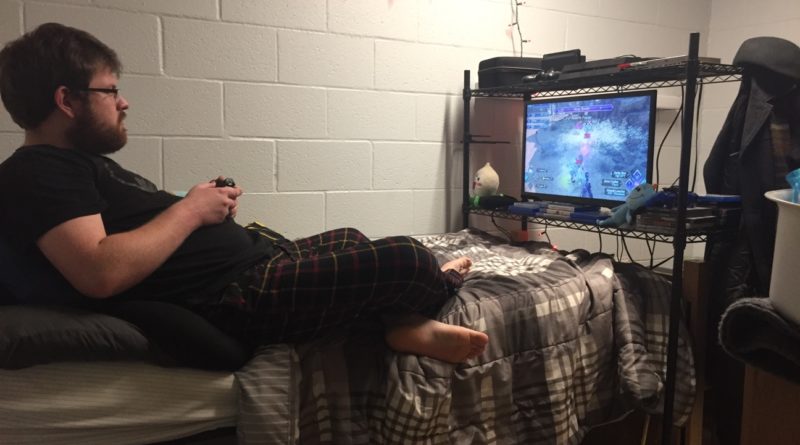World Health Organization: Gaming is an Addiction
According to the 11th Revision of the International Classification of Diseases (ICD-11), gaming disorder is characterized as “impaired control over gaming,” prioritization of gaming over other physical and social activities or interests, and “continuation or escalation of gaming despite the occurrence of negative consequences” (World Health Organization).
Gaming disorder is included in the ICD-11 as a result of evidence and reflection from health experts who saw an increase in the number of treatment programs for people with characteristics of gaming disorder all over the world.
However, not all people who play games are suspected to developing this disorder. For a person to be diagnosed, he or she must show evidence of sufficiently severe behavioral patterns which result in “impairment in personal, family, social, educational, occupational or other important areas of functioning” (WHO) for at least 12 months.
Advisor of the Gamers Club at Wilson and Director of Residence Life Jared Hirtz and Director of Counseling Megan Cavanaugh both agree with the decision of including gaming disorder in the list of mental health condition.
Cavanaugh believes that it is “a behavioral addiction that should be recognized in the next DSM. With any addictive behaviors, one thing to focus on is when that behavior starts to impact and negatively affect areas of a person’s life.”
Similarly, Hirtz thinks that “it is an important decision to recognize that addiction to games can have extreme effects on an individual as a student and person” based on his observation of college friends affected by the issue.
However, Cody Dunlap ’18, who is acting president of the Gamers Club, does not believe that gaming addiction should be considered a mental disorder.
“In my opinion, I don’t think gaming can be classified as an addiction,” said Dunlap. “Of course, anything in excess can be a bad thing, but the same could be said for watching TV or reading a book. I believe video games are just a hobby like anything else.”
That said, Dunlap also feels that it is possible for a person to become obsessed over a video game, though those cases are few and far between.
“I feel [these people] don’t accurately describe gamers as a whole,” Dunlap stated. “I have been gaming for the better part of my life, and I am just as social as the next guy. Video games haven’t destroyed my life or ruined my college career because I consume them in moderation. In fact, I go to video games as a way to unwind or de-stress. That would be my advice to people, moderation. But that could be said for just about anything.”
Hirtz notes that the Gamers Club holds events weekly and has meetings monthly in order to assist students. According to Hirtz, the club has reached out to Campus Counseling for indicators/signs that an individual may have an addition or pattern of behaviors consistent with the disorder.
Cavanaugh thinks that it is important to seek professional help. It is also vital that students who are working actively to address their situation have healthy and positive support systems. Cavanaugh suggests that therapy is a great tool to help students identify their addictive behaviors and to learn coping strategies to help control and manage their gaming disorder.

